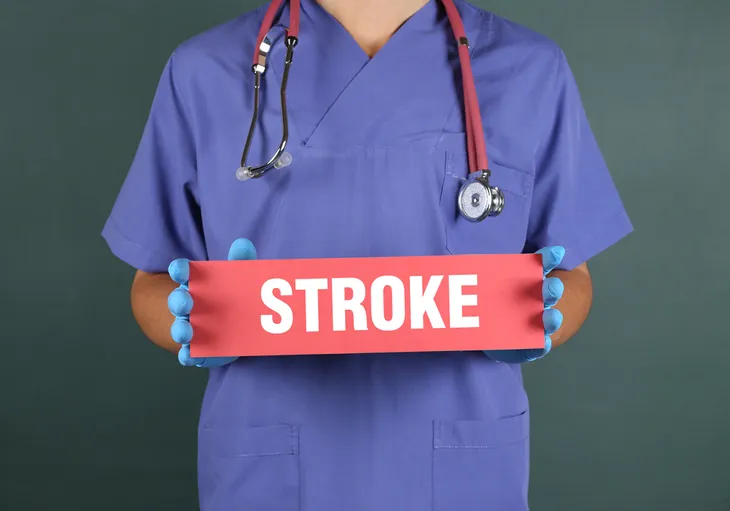Epilepsy is a brain disorder that is characterized by recurrent spontaneous seizures. It is the fourth most common neurological disorder and is prevalent around the world, affecting approximately 65 million people.
In the United States alone, 3.4 million people have epilepsy, and 1 in 26 people will develop it during their lifetime. Unfortunately, the cause of epilepsy is rarely known. There are, however, a number of risk factors that can increase a person’s likelihood of developing it, such as these seven.
Family History
A family history of epilepsy can sometimes increase a person’s likelihood of developing the condition, but WebMD says this depends on the type of epilepsy the relatives were diagnosed with.
The source says that “[s]everal types of childhood epilepsy may be passed from parent to child,” such as benign focal childhood epilepsy, childhood absence epilepsy, and juvenile myoclonic epilepsy, while epilepsy caused by a head injury or stroke is less likely to be passed from parent to child.
Serious Head Injury
Serious head injuries, such as those caused by blunt force or penetration of the skull, where the individual experiences amnesia or loss of consciousness for a prolonged period of time, are primary risk factors for the development of epilepsy.
Seizures may occur immediately after the injury is sustained or within a few days; these are known as “early posttraumatic seizures.” While in other cases, they may not develop until years after the injury, but “usually not more than [2] years later,” according to HealthCommunities.com.
Stroke
A stroke that is caused by blocked arteries, known as an ischemic stroke, is another health condition that can increase a person’s chance of developing epilepsy. Healthline.com explains that “a stroke causes your brain to become injured,” which leads to the formation of scar tissue that can disrupt the electrical activity of the brain and cause seizures.
The source adds that a person’s risk of having a post-stroke seizure is “highest the first 30 days following a stroke,” and that “approximately 5 percent of people will have a seizure within a few weeks after having a stroke.”
Toxins
There are a wide variety of toxins that can increase the risk of epilepsy. Some prescription drugs, for instance, may cause seizures as a result of abrupt withdrawal or overdose. According to HealthCommunities.com, these include antidepressants, antipsychotics, high doses of penicillin, and lithium.
The source adds that using illegal substances can also induce seizures, as can alcohol withdrawal and environmental toxins, such as carbon monoxide and lead.
Degenerative Disorders
Certain degenerative brain disorders can also lead to epilepsy. According to HealthCommunities.com, these include Alzheimer’s disease, Creutzfeld-Jakob disease, neurofibromatosis, phenylketonuria (PKU), tuberous sclerosis, Sturge-Weber syndrome, and Tay-Sachs disease.
With Alzheimer’s disease, the seizures will typically occur in the late stages of the disease, and the Fisher Center for Alzheimer’s Research Foundation says they affect an estimated 10 to 22-percent of people with the condition.
Metabolic Disturbances
Another risk factor for epilepsy is disorders or conditions that alter the metabolic substances in the body. This can include electrolyte imbalances caused by changes in sodium, calcium, or magnesium levels.
Hypoglycemia (low blood sugar) and hyperglycemia (high blood sugar) may also induce seizures, as can hypoxia, which causes a deficiency in the amount of oxygen reaching the brain.
Other Risk Factors
Infections of the brain or nervous system, such as abscess, meningitis, or encephalitis, also increase the risk of epilepsy, as can brain tumors and abnormal blood vessels in the brain.
Developmental issues, such as babies who are born small or with abnormal areas in their brain, may also contribute. Although rare, febrile seizures (which are caused by a high fever and can occur in children from birth to age 5) can lead to epilepsy as well.










